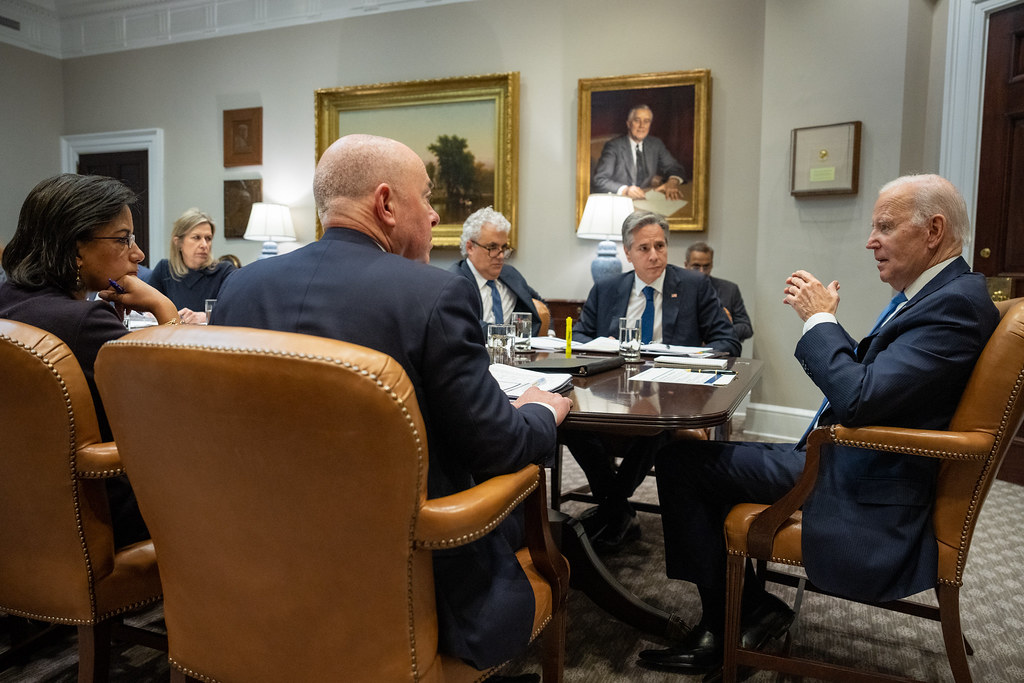Already a subscriber? Make sure to log into your account before viewing this content. You can access your account by hitting the “login” button on the top right corner. Still unable to see the content after signing in? Make sure your card on file is up-to-date.
Secretary of State Anthony Blinken warned G7 partners that Iran and Hezbollah could launch a coordinated attack on Israel as early as Monday.
What’s the deal: According to Axios, Secretary Blinken is working closely with the foreign ministers of G7 countries to prevent a potential conflict in the Middle East after Israel’s recent assassinations of key Hamas and Hezbollah leaders. Blinken has been urging US allies and Arab nations to exert significant diplomatic pressure on Iran and Hezbollah because he believes an attack is imminent. Additionally, the US has directly warned Iran that while it does not seek escalation, it will be compelled to defend Israel if Iran escalates the situation.

Jordan & Saudi Arabia warn Iran: Multiple international outlets based in the Middle East report that both Jordan and Saudi Arabia have informed Iran they will not allow their airspace to be used for an attack on Israel. Jordan communicated this stance during a meeting between Foreign Minister Ayman Safadi and Iranian President Masoud Pezeshkian. Additionally, Jordanian officials have allegedly informed Israel and the United States that their airspace would not be available for them too.
Iran’s previous attack on Israel: Iran’s last attack on Israel occurred on April 13, when it launched 350 drones and missiles toward Israeli targets. The attack was thwarted by Israel, the United States, the United Kingdom, and other nearby arab nations who took down missiles and drones that entered their airspace.
Statements from the G7: In a joint statement, G7 ministers said, “We express our deep concern over the heightened level of tension in the Middle East which threatens to ignite a broader conflict in the region. We urge all involved parties to refrain from perpetuating the current destructive cycle of retaliatory violence, to lower tensions and engage constructively towards de-escalation. No country or nation stands to gain from further escalation in the Middle East.”






